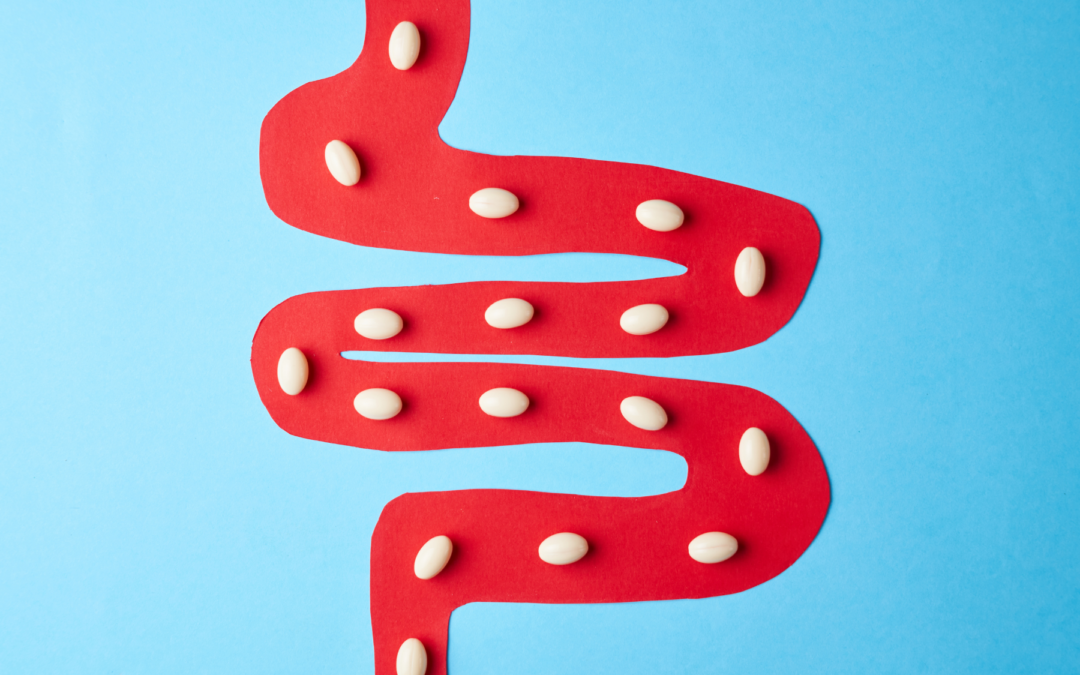We’ve all felt hunger pangs before, but have you felt hungry to the point where you start feeling bloated or nauseous? If you’ve felt that before, did it resolve when you ate? Today, we’ll discuss why you can feel nauseous when you’re hungry and the importance of eating consistently to prevent this.
What happens when we feel hungry?
Starting with the basics, let’s discuss what happens when we start feeling hungry. When your stomach is empty, it begins to contract and collapse, causing hunger pangs. Your stomach also releases ghrelin, a hormone that sends signals to your brain telling you that you’re hungry.
Hunger is your body’s way of signaling that it needs nourishment. Your digestive system is gearing up for action, secreting gastric acid in anticipation of a meal. All of this is perfectly normal and essential for the process of digestion.
What happens when we ignore our hunger?
When we choose to ignore our body’s signals of hunger, we set off a chain reaction that can lead to discomfort and, in some cases, even nausea and bloating. Here’s why:
Acid Buildup:
Stomach acid production doesn’t stop when you’re hungry. If you delay eating for an extended period, excess stomach acid can accumulate, leading to heartburn and an upset stomach.
Impaired Digestive Function:
Consistent eating habits help maintain the rhythm of your digestive system. When you skip meals or go too long without eating, it can disrupt this rhythm, making it harder for your body to efficiently break down and absorb nutrients.
Blood Sugar Fluctuations:
Prolonged hunger can lead to low blood sugar levels, which can trigger feelings of nausea, weakness, and shakiness.
Methods to alleviate getting nauseous when you’re hungry:
Eat Regularly:
The key to preventing hunger-related nausea and bloating is to eat regular meals and snacks. Aim for three main meals and two to three small, balanced snacks throughout the day. This will help keep your digestive system engaged and maintain steady blood sugar levels.
Stay Hydrated:
Sometimes, dehydration can mimic feelings of hunger or exacerbate nausea. Make sure you’re drinking enough water throughout the day, as staying hydrated is crucial for proper digestion.
Choose Balanced Meals:
Opt for meals that include a combination of carbohydrates, protein, and healthy fats. These nutrients work together to provide sustained energy and help you feel full longer, reducing the likelihood of extreme hunger.
Listen to Your Body:
Pay attention to your body’s hunger signals and respond promptly. Don’t wait until you’re ravenous to eat, as this can lead to overeating and digestive discomfort.
Mindful Eating:
Take the time to savor your meals, chew your food thoroughly, and eat in a relaxed environment. This can aid digestion and reduce the risk of bloating and nausea.
The Bottom Line To Alleviate Nausea When You’re Hungry
Feeling bloated or nauseous when you’re hungry is a common experience, but it’s one that can be avoided with mindful eating habits. By listening to your body, eating consistently, and choosing nourishing foods, you can maintain a healthy digestive system and prevent discomfort associated with extreme hunger. Remember, your body is designed to communicate its needs to you; all you have to do is listen and respond accordingly.







